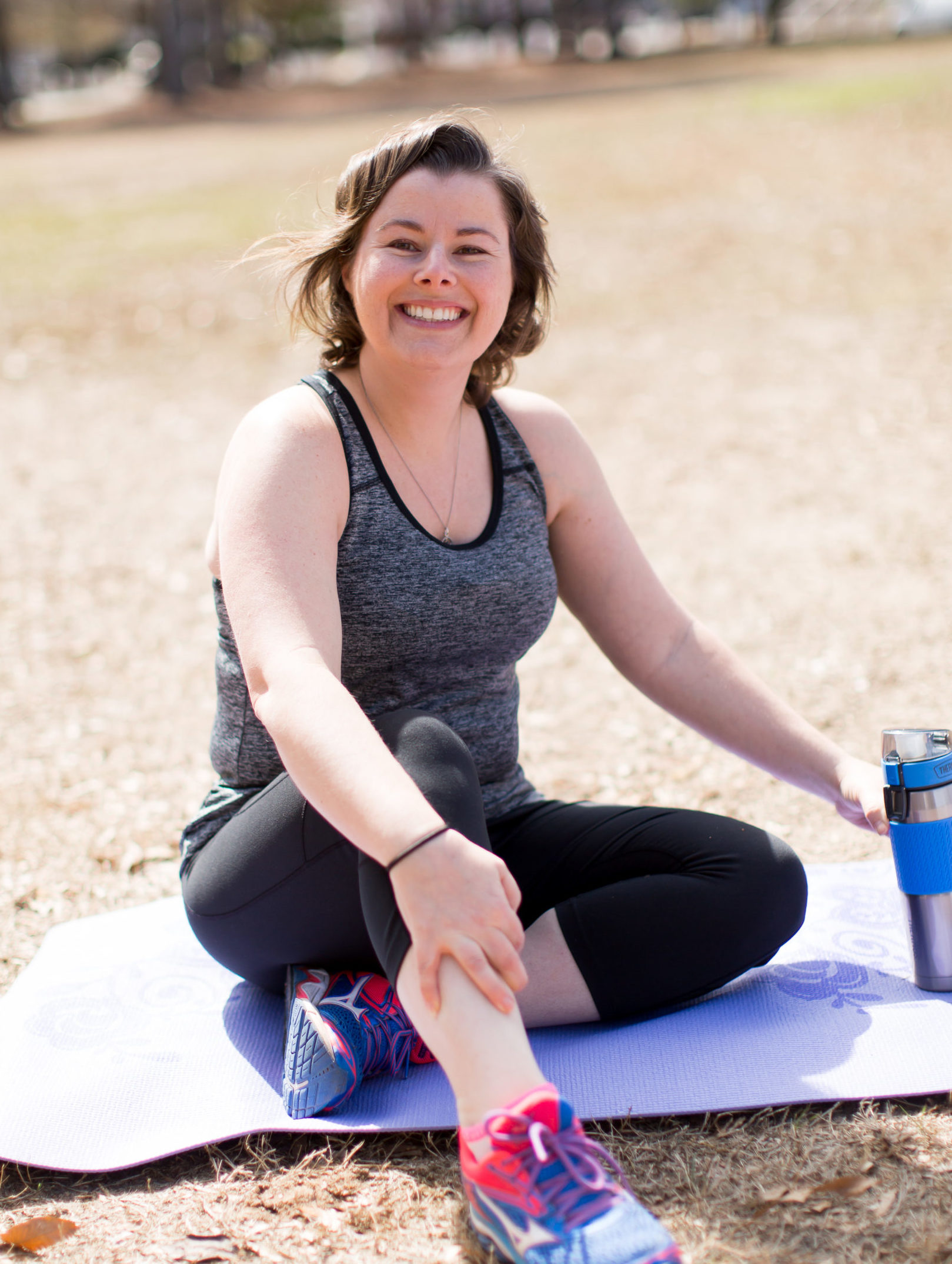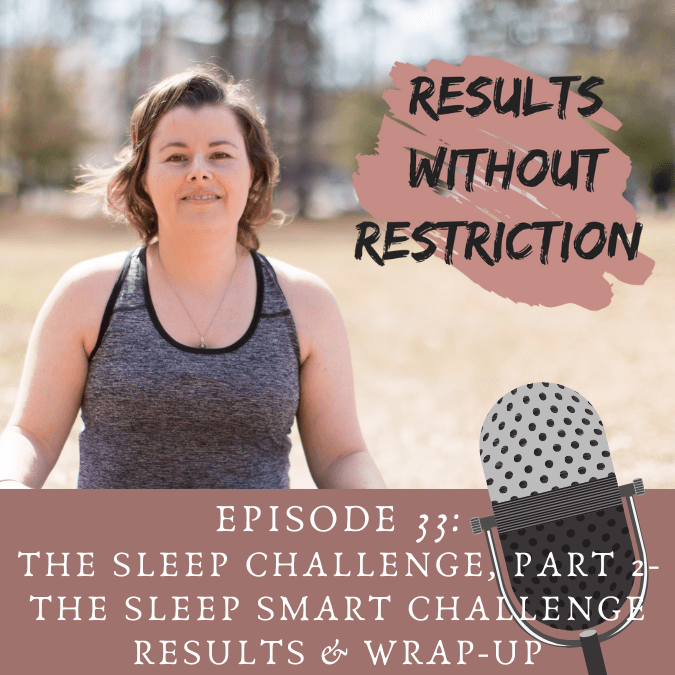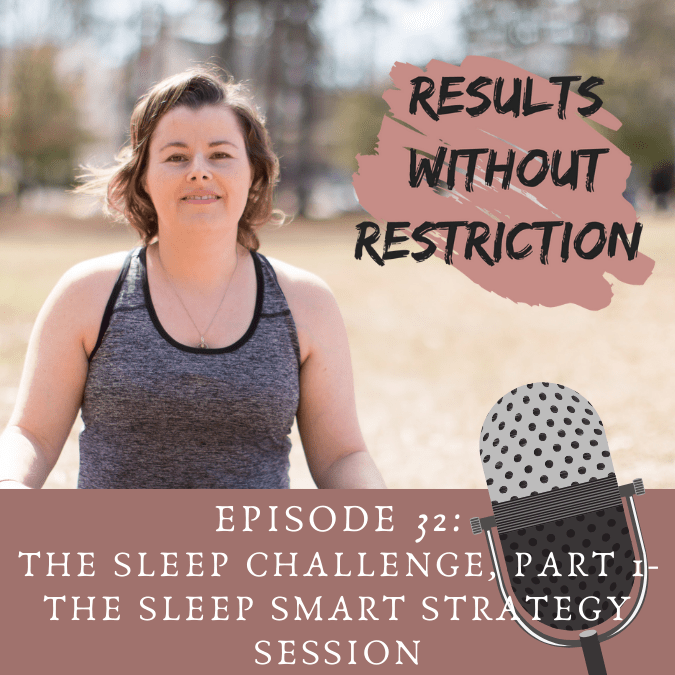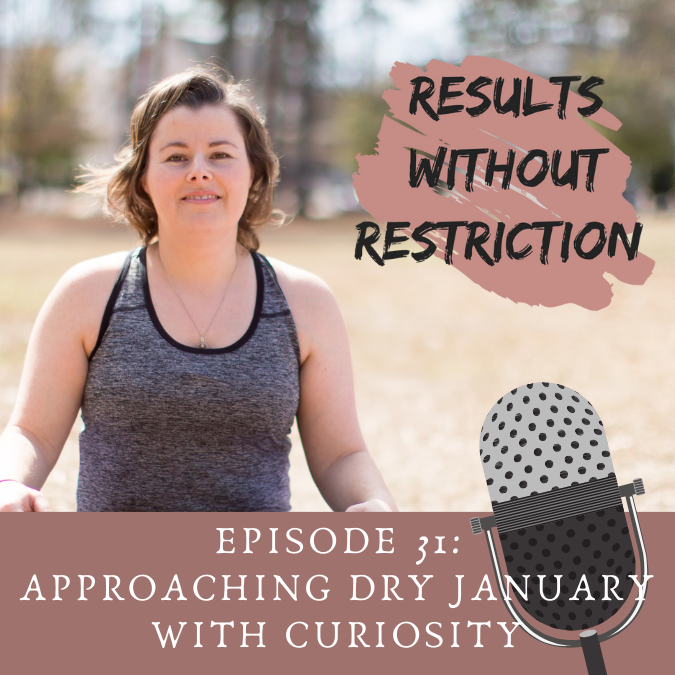You may feel tired, cold or that you’ve gained weight. Maybe your digestion seems a bit more “sluggish”.
You may be convinced that your metabolism is slow.
Why does this happen? Why do metabolic rates slow down?
What can slow my metabolism?
Metabolism includes all of the biochemical reactions in your body that use nutrients and oxygen to create energy. And there are lots of factors that affect how quickly (or slowly) it works, i.e. your “metabolic rate” (which is measured in calories).
But don’t worry – we know that metabolic rate is much more complicated than the old adage “calories in calories out”! In fact it’s so complicated I’m only going to list a few of the common things that can slow it down.
Examples of common reasons why metabolic rates can slow down:
● low thyroid hormone
● your history of dieting
● your size and body composition
● your activity level
● lack of sleep
We’ll briefly touch on each one below and I promise to give you better advice than just to “eat less and exercise more”.
Low thyroid hormones
Your thyroid is the master controller of your metabolism. When it produces fewer hormones your metabolism slows down. The thyroid hormones (T3 & T4) tell the cells in your body when to use more energy and become more metabolically active. Ideally it should work to keep your metabolism just right. But there are several things that can affect it and throw it off course. Things like autoimmune diseases and mineral deficiencies (e.g. iodine or selenium) for example.
Tip: Talk with your doctor about having your thyroid hormones tested.
Your history of dieting
When people lose weight their metabolic rate often slows down. This is because the body senses that food may be scarce and adapts by trying to continue with all the necessary life functions and do it all with less food.
While dieting can lead to a reduction in amount of fat it unfortunately can also lead to a reduction in the amount of muscle you have. As you know more muscle means faster resting metabolic rate.
Tip: Make sure you’re eating enough food to fuel your body without overdoing it.
Your size and body composition
In general, larger people have faster metabolic rates. This is because it takes more energy to fuel a larger body than a smaller one.
However, you already know that gaining weight is rarely the best strategy for increasing your metabolism.
Muscles that actively move and do work need energy. Even muscles at rest burn more calories than fat. This means that the amount of energy your body uses depends partly on the amount of lean muscle mass you have.
Tip: Do some weight training to help increase your muscle mass.
Which leads us to…
Your activity level
Aerobic exercise temporarily increases your metabolic rate. Your muscles are burning fuel to move and do “work” and you can tell because you’re also getting hotter.
Even little things can add up. Walking a bit farther than you usually do, using a standing desk instead of sitting all day, or taking the stairs instead of the elevator can all contribute to more activity in your day.
Tip: Incorporate movement into your day. Also, exercise regularly.
Lack of sleep
There is plenty of research that shows the influence that sleep has on your metabolic rate. The general consensus is to get 7-9 hours of sleep every night.
Tip: Try to create a routine that allows at least 7 hours of sleep every night.
References:
http://www.precisionnutrition.com/metabolic-damage
http://www.precisionnutrition.com/thyroid-and-testing
http://www.precisionnutrition.com/all-about-energy-balanc
https://authoritynutrition.com/6-mistakes-that-slow-metabolism/
https://authoritynutrition.com/10-ways-to-boost-metabolism/
http://summertomato.com/non-exercise-activity-thermogenesis-neat
Pssst… Want my printable healthy recipe book?
It’s all yours. You’ll find it in my free resource library… get access here
Disclaimer: I am not a medical doctor or Registered Dietitian. The information presented is purely to share my experience and for entertainment purposes. As always, check with a doctor before making any fitness or nutrition changes. The author and blog disclaim liability for any damage, mishap, or injury that may occur from engaging in any activities or ideas from this site.




